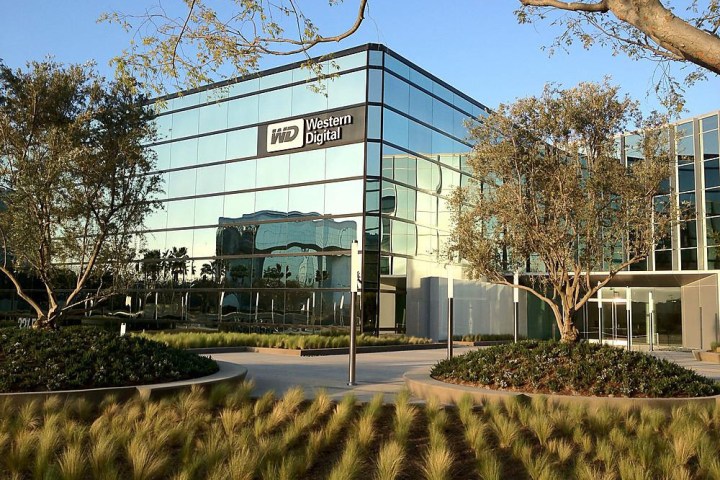
Micron Technology is thought to have been Western Digital’s greatest rival in securing the purchase of SanDisk, according to a report from The Wall Street Journal. Rumors of the sale helped boost the value of shares in SanDisk to $86.50 as of the time of the deal, up from less than $60 before reports began to circulate.
Western Digital’s headquarters in Irvine will continue to act as home base for the company, and CEO Steve Milligan is expected to remain at the head of the table. Meanwhile, SanDisk CEO Sanjay Mehrotra will join the ranks of the Western Digital board.
For Western Digital, this move represents an awareness of the current state of the hard drive industry. This form of storage has seen profits slip in recent years, as the success of tablets and smartphones has led to other alternatives being researched and implemented on a far larger scale.
SanDisk’s knack for NAND storage likely played a big role in the company’s interest in an acquisition. This technology seems set to be a major influence on the immediate future of data storage thanks to its implementation in solid state drives, and SanDisk is ranked as its third biggest manufacturer, according to Tech Spot.
We’re certainly seeing a changeable time for the data storage industry, and it remains to be seen whether this deal will help Western Digital defend its position. However, there’s definitely a lot to be said for a company looking to the future with a big-money deal of this nature.
Editors' Recommendations
- Western Digital responds to claims that SanDisk SSD failures have design flaw
- SK Hynix might dethrone Western Digital with this SSD
- Amazon’s Cyber Monday sale cuts prices on Western Digital hard drives
- SanDisk’s $450 microSD card adds 1TB more storage to your Surface Pro
- Amazon drops prices on SanDisk solid-state drives by up to $140


